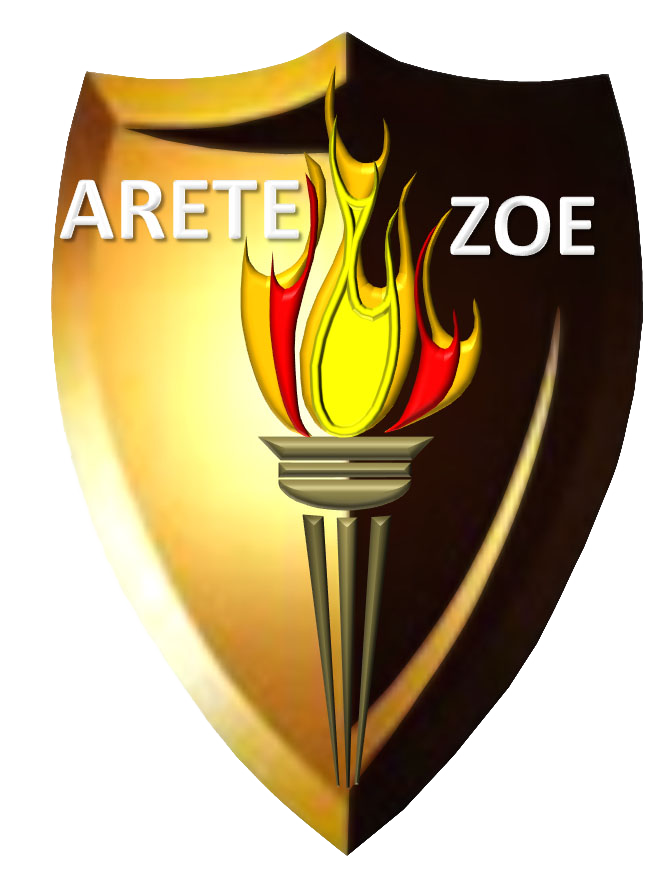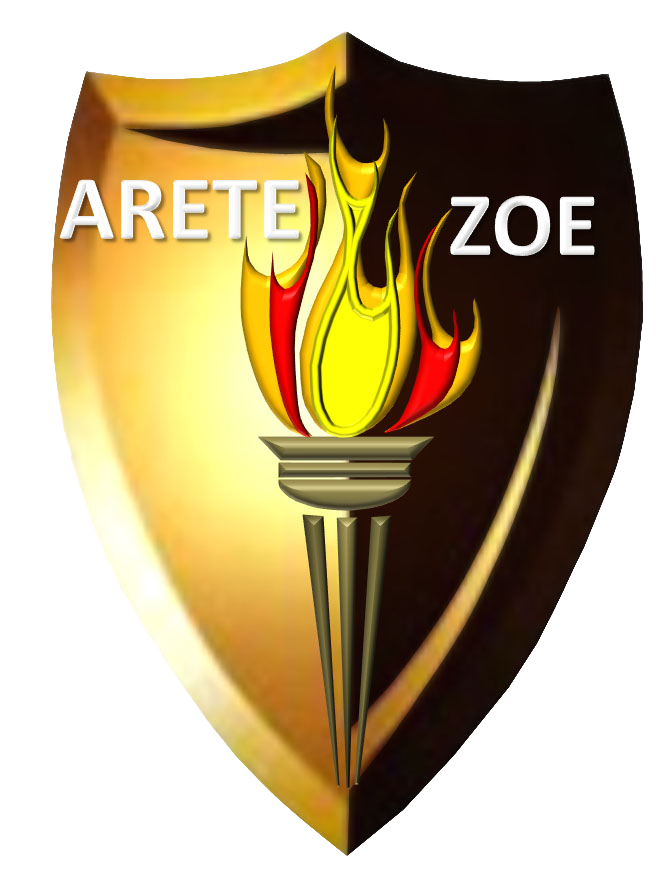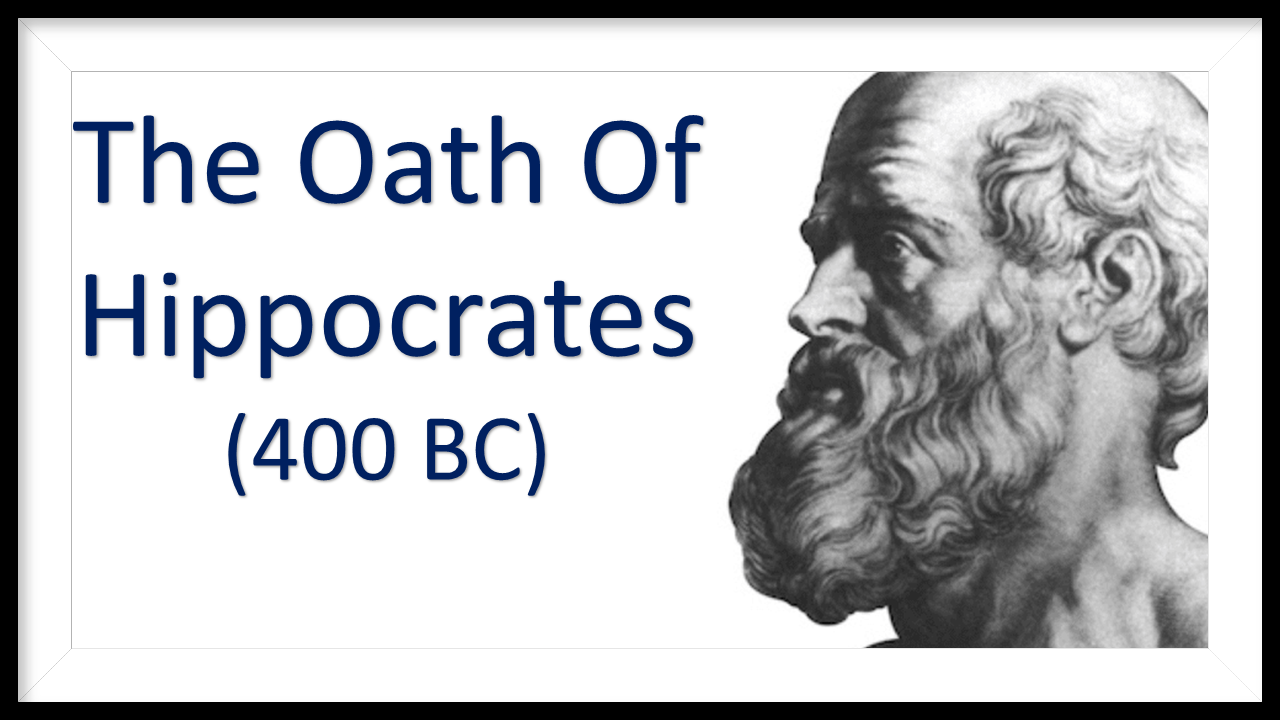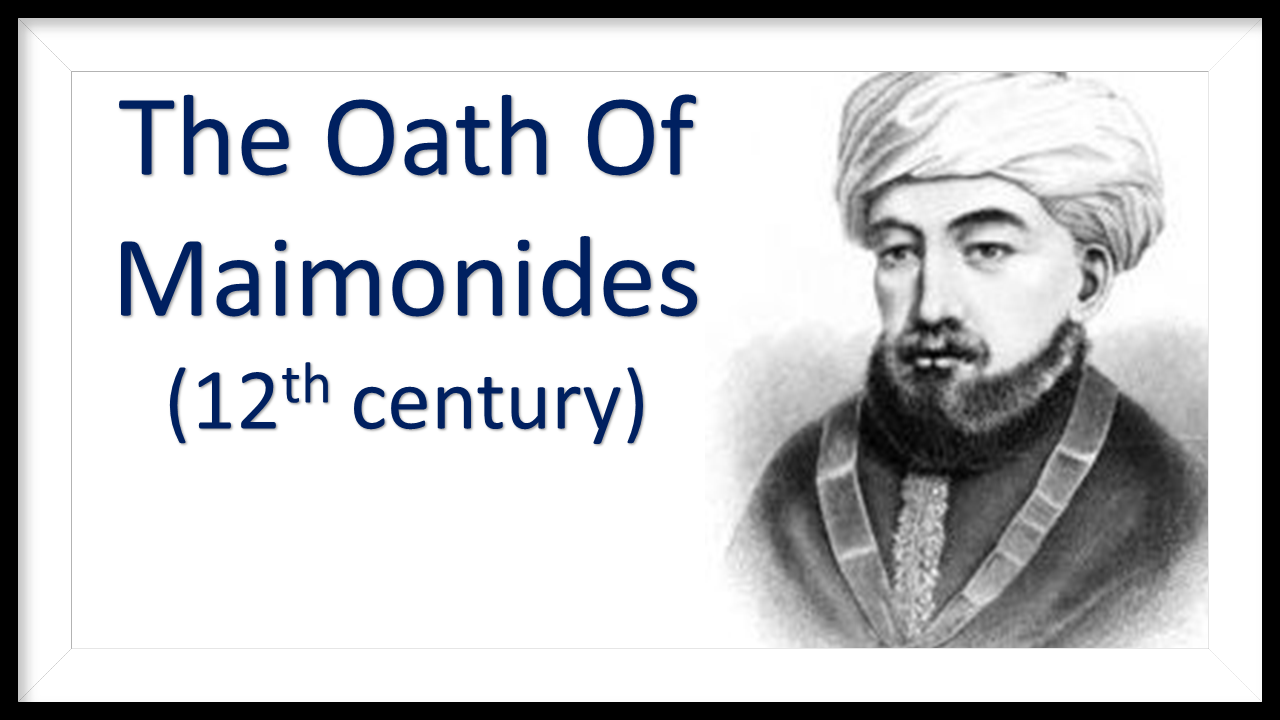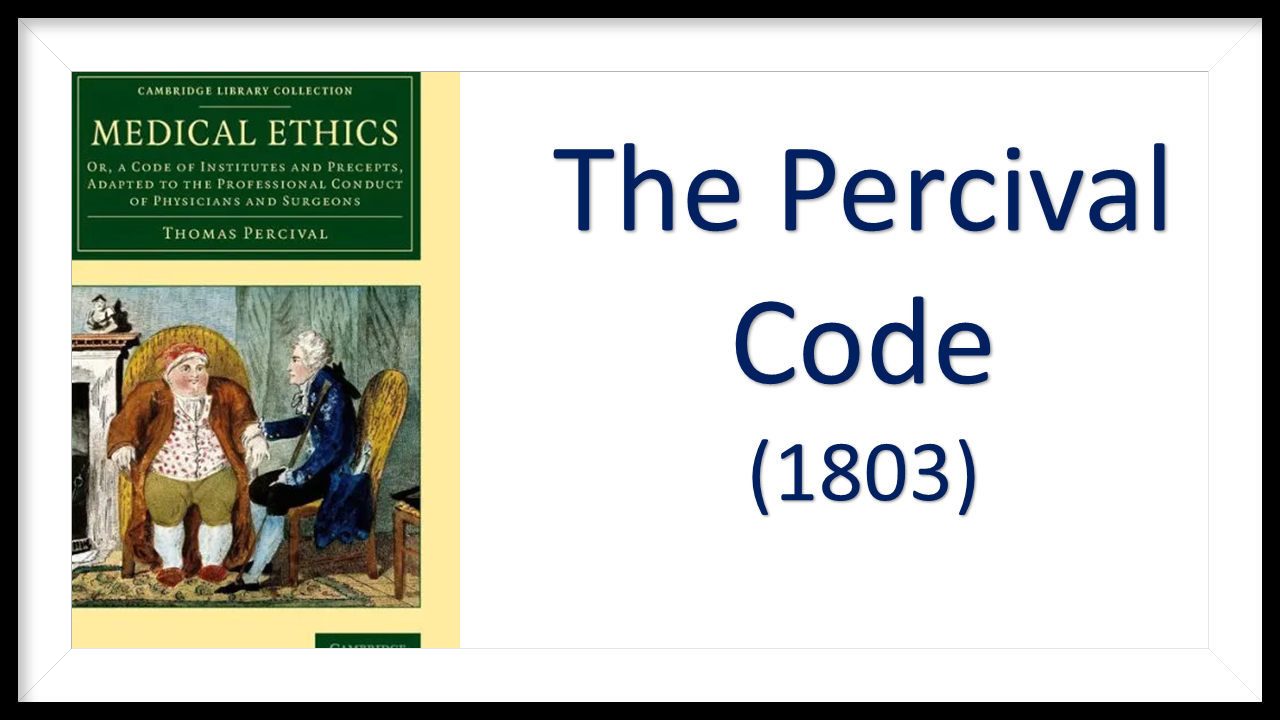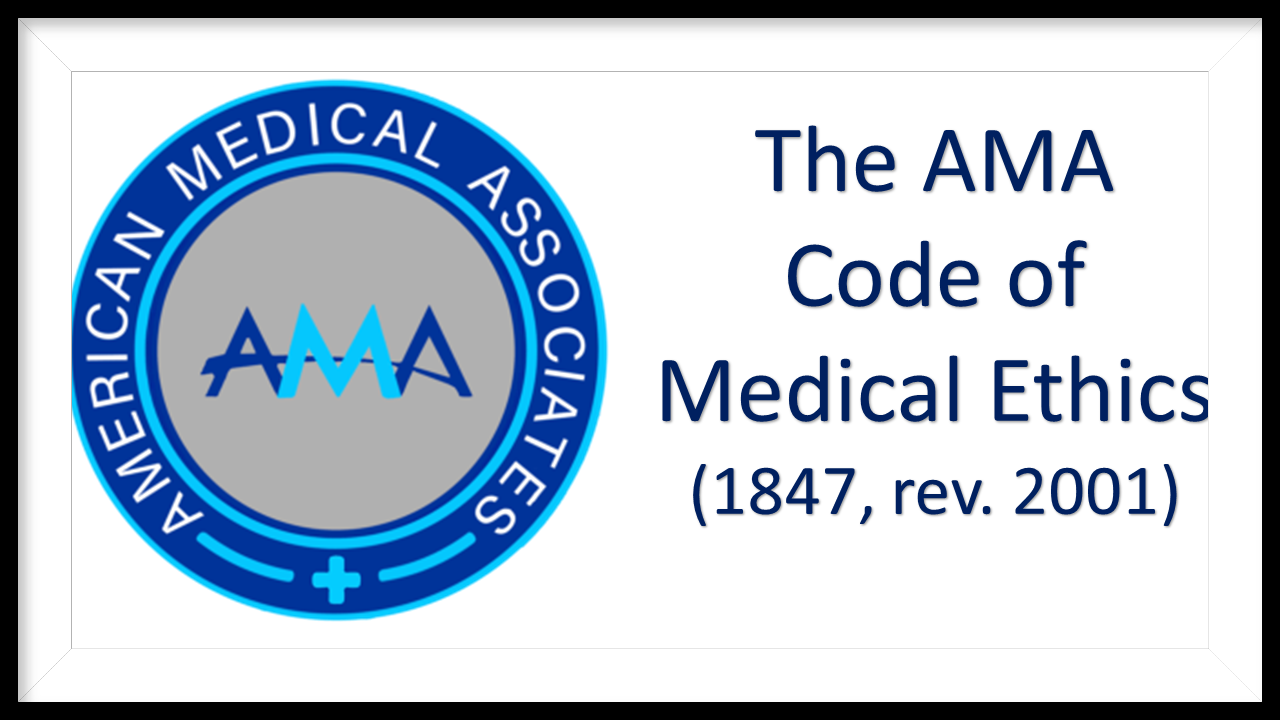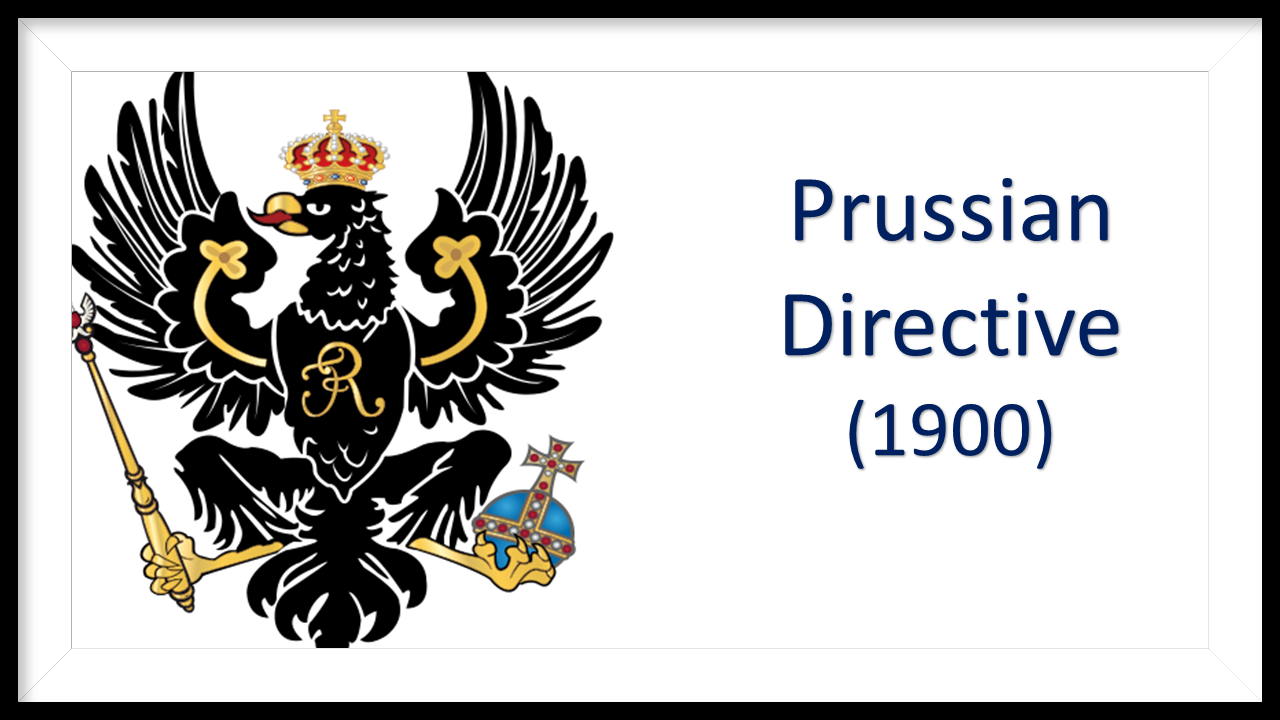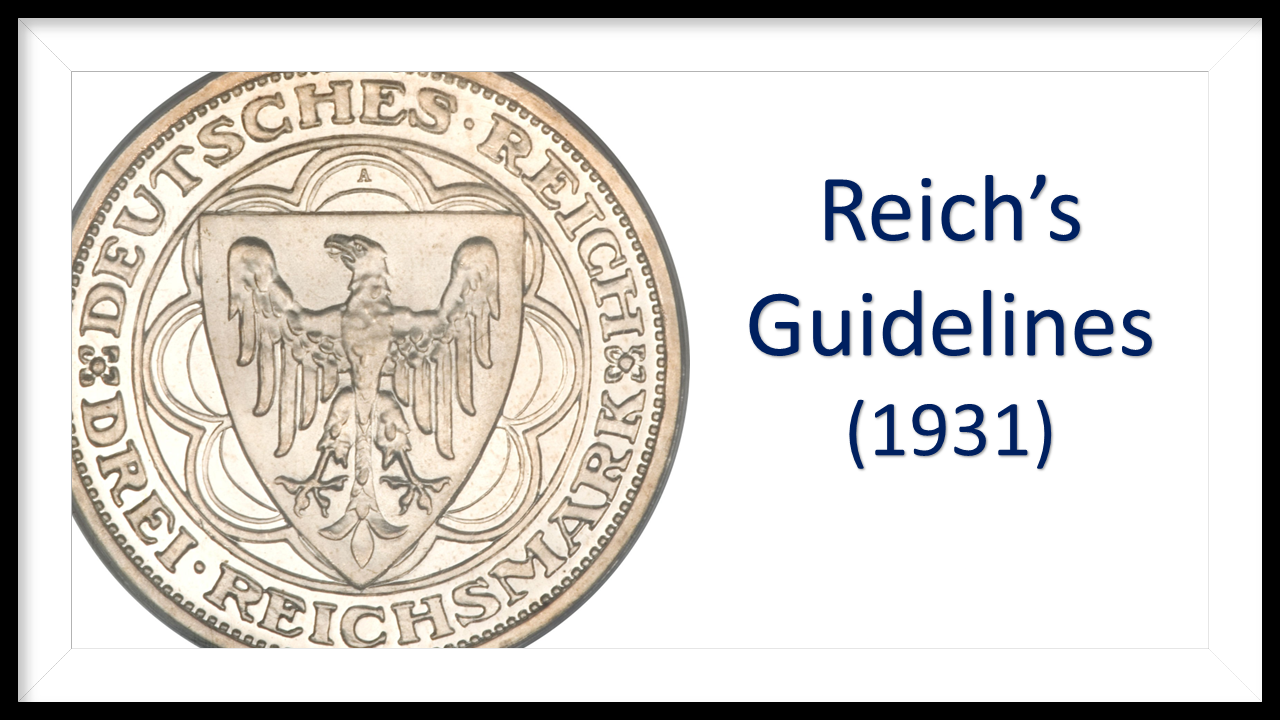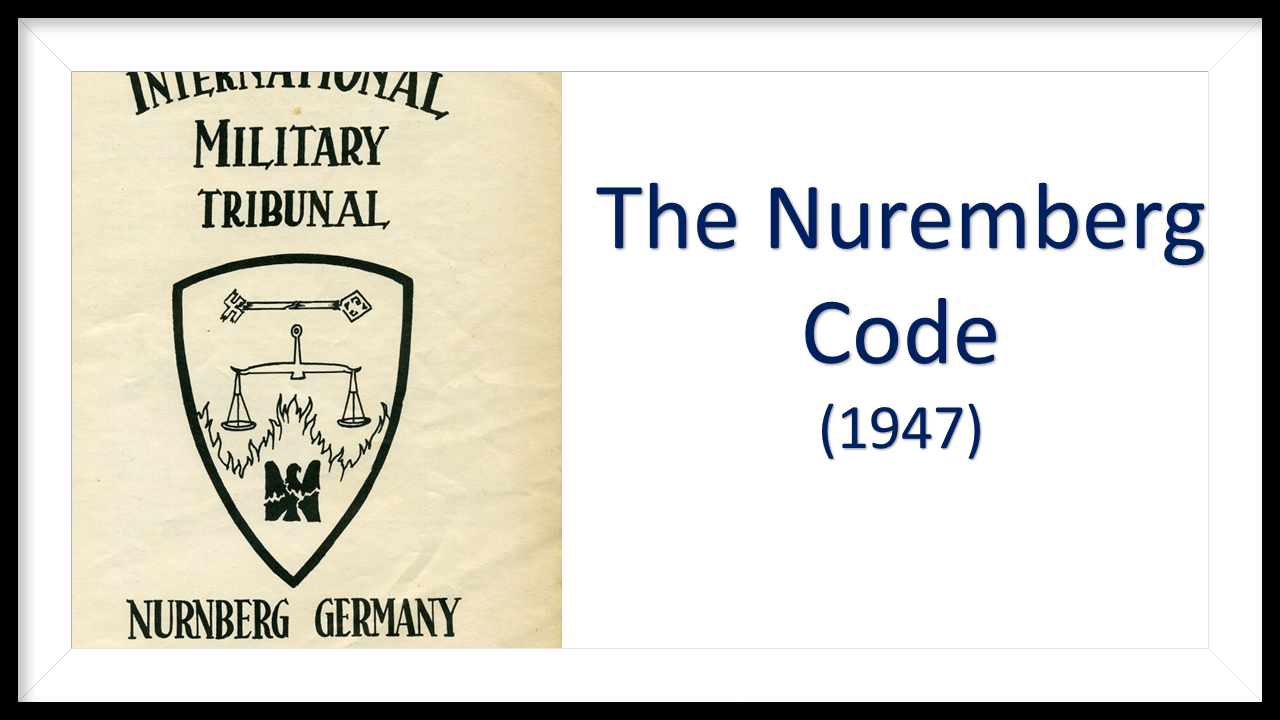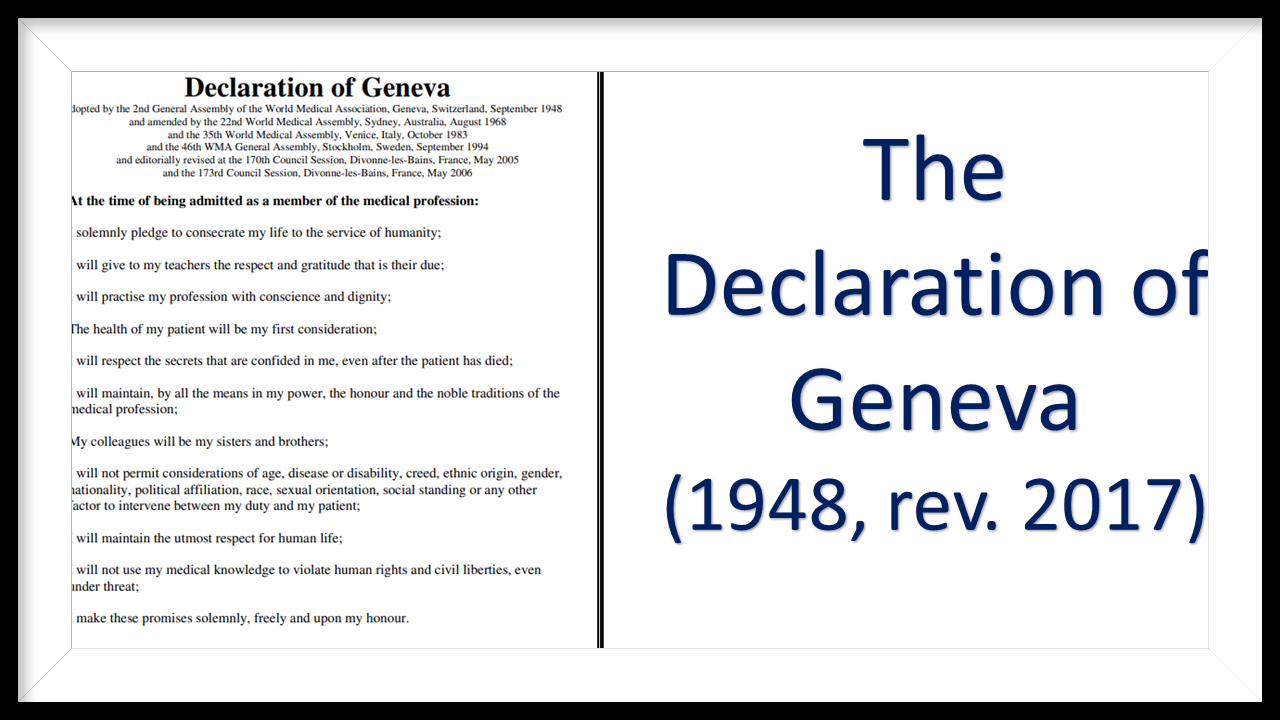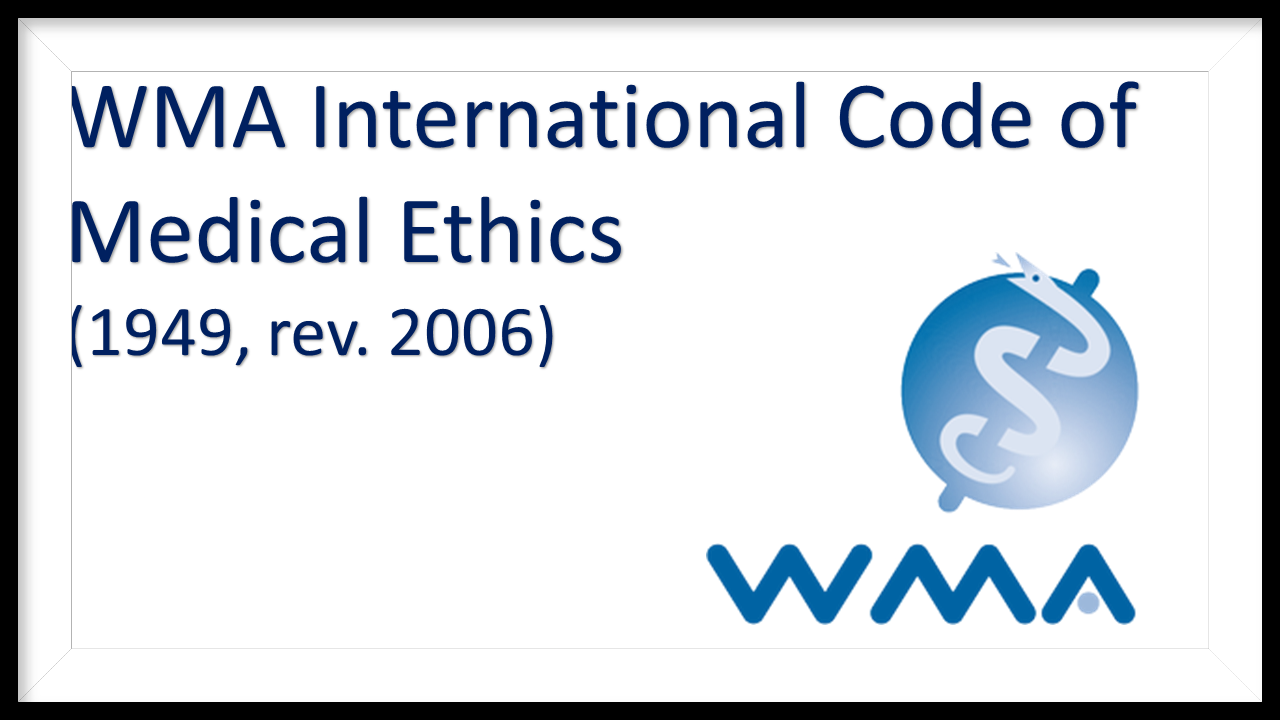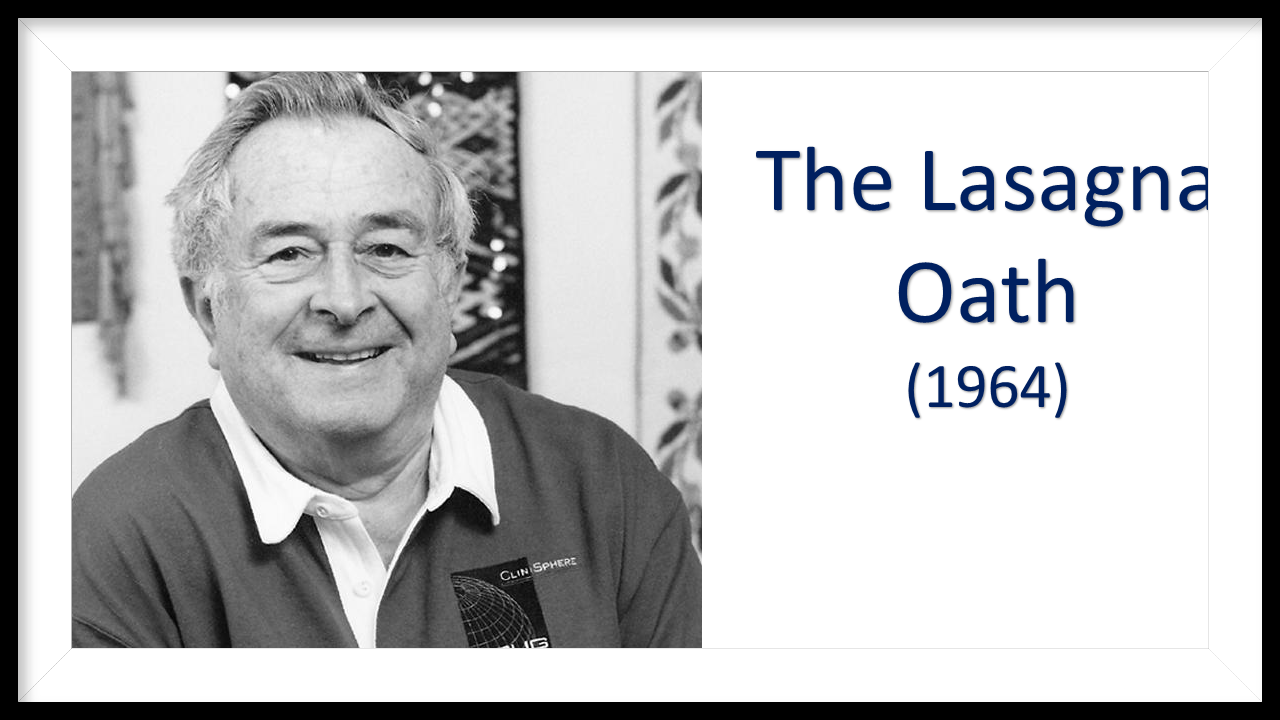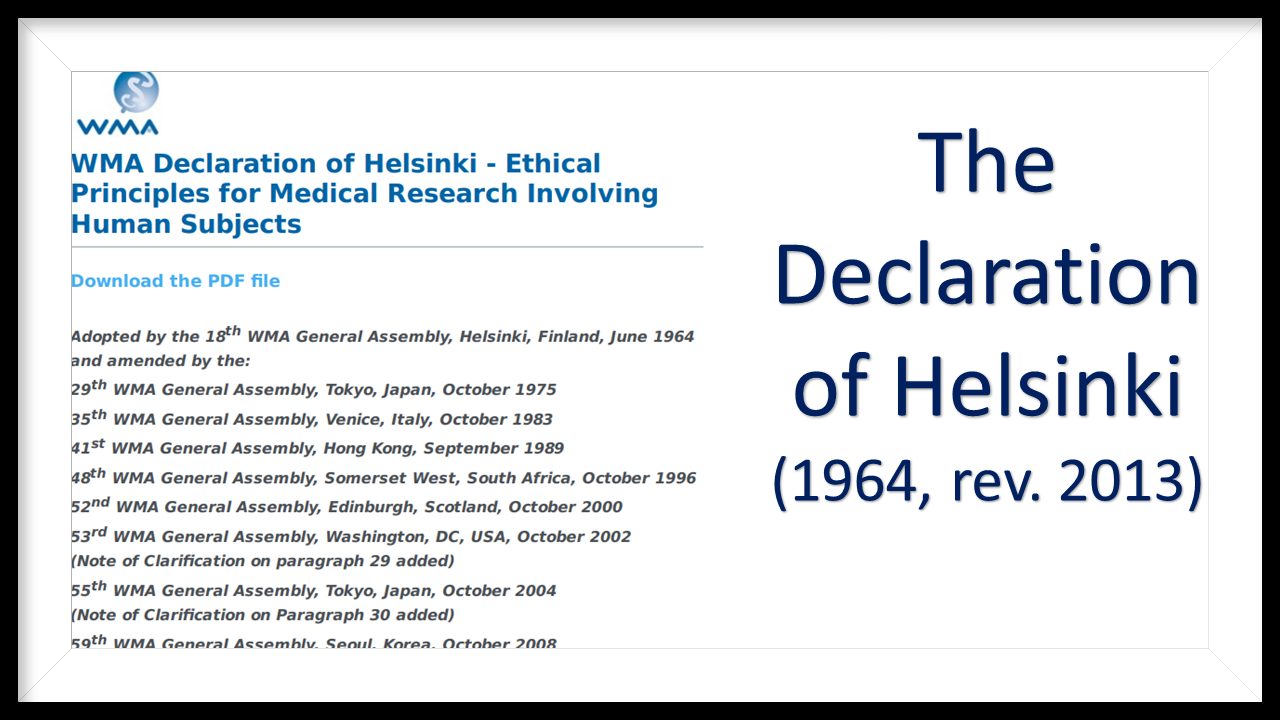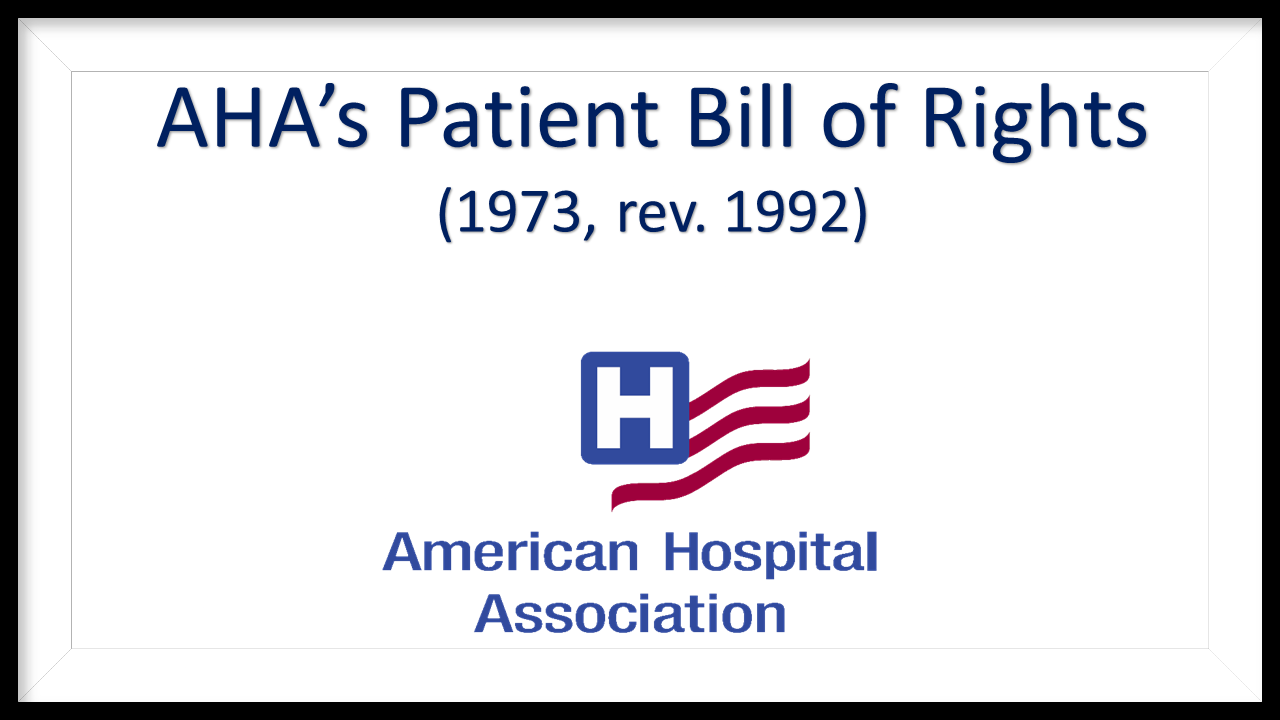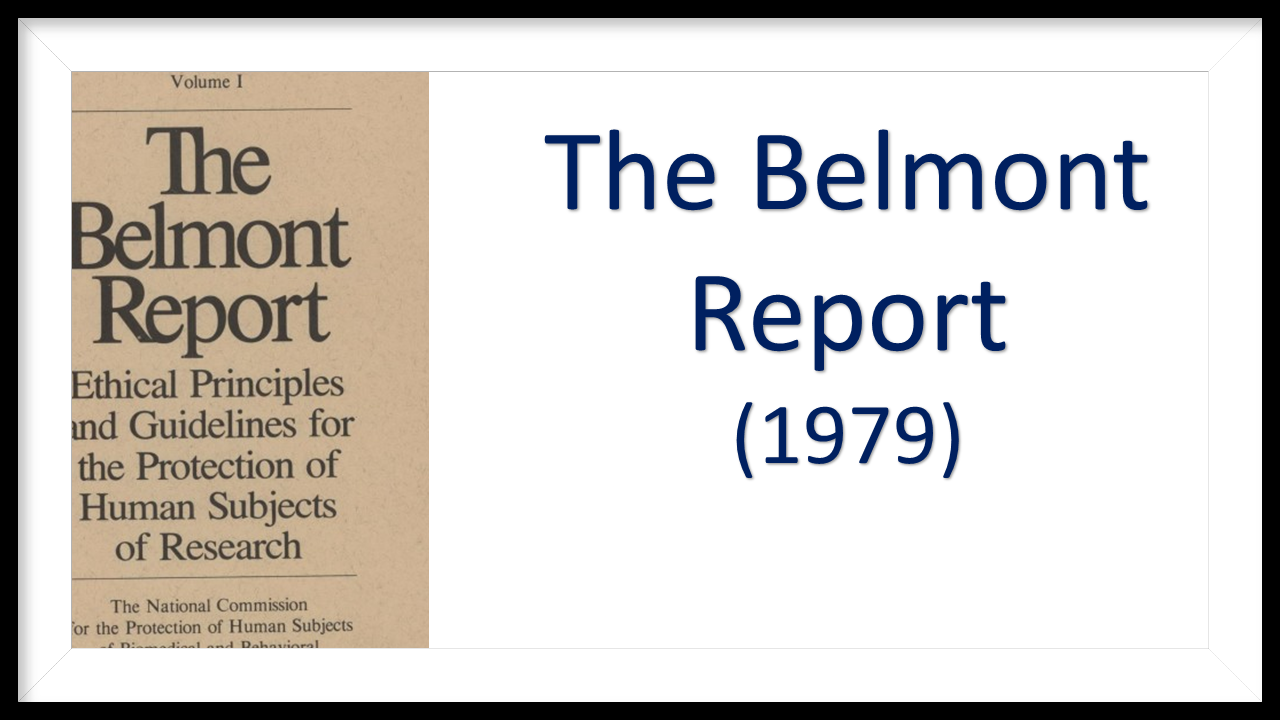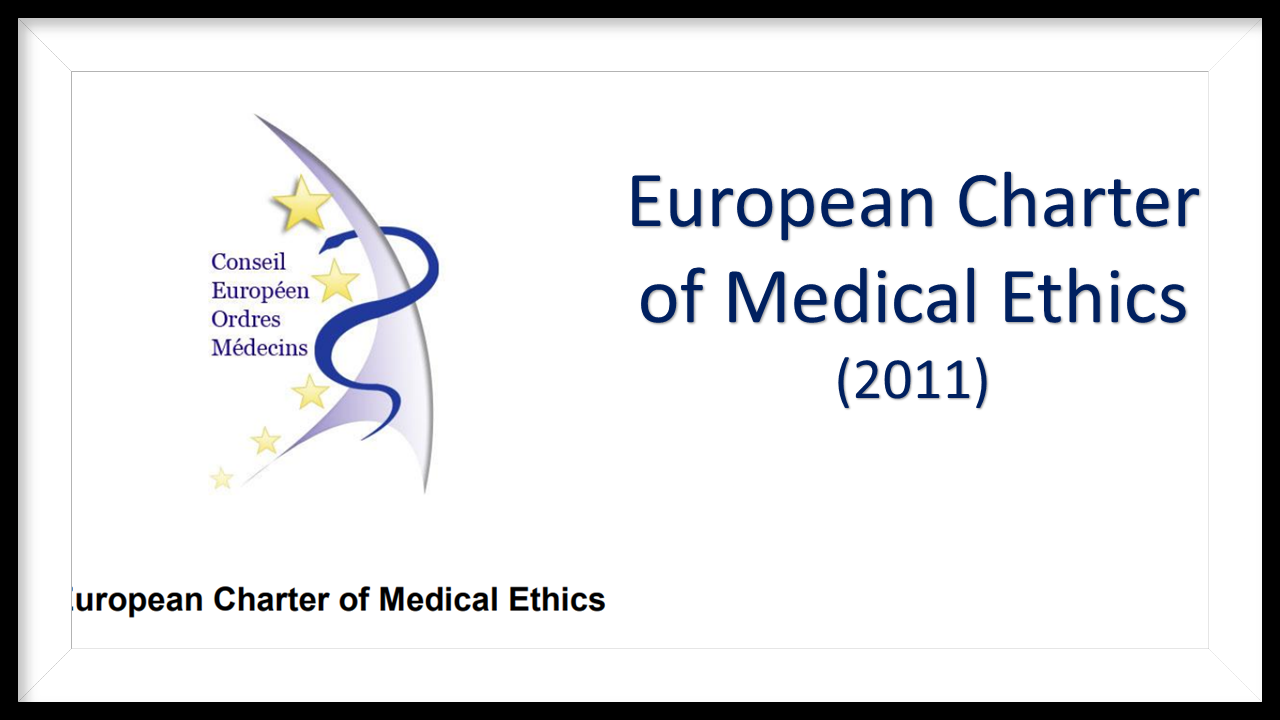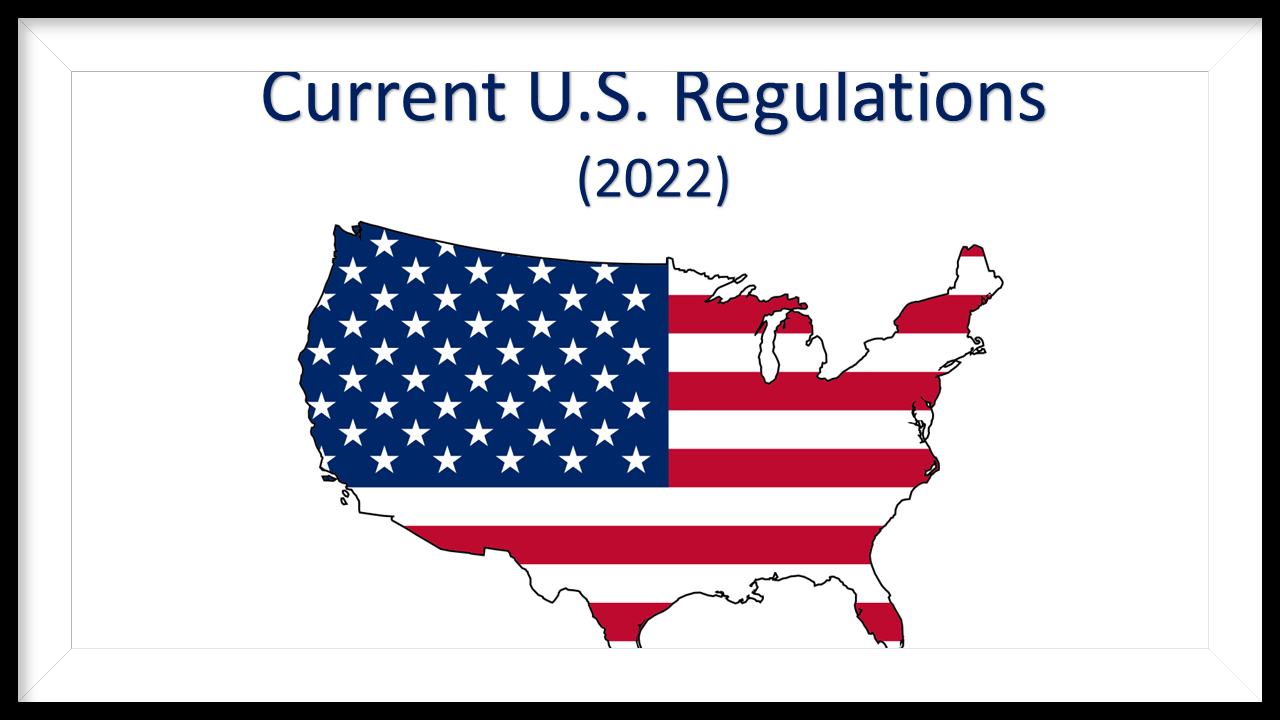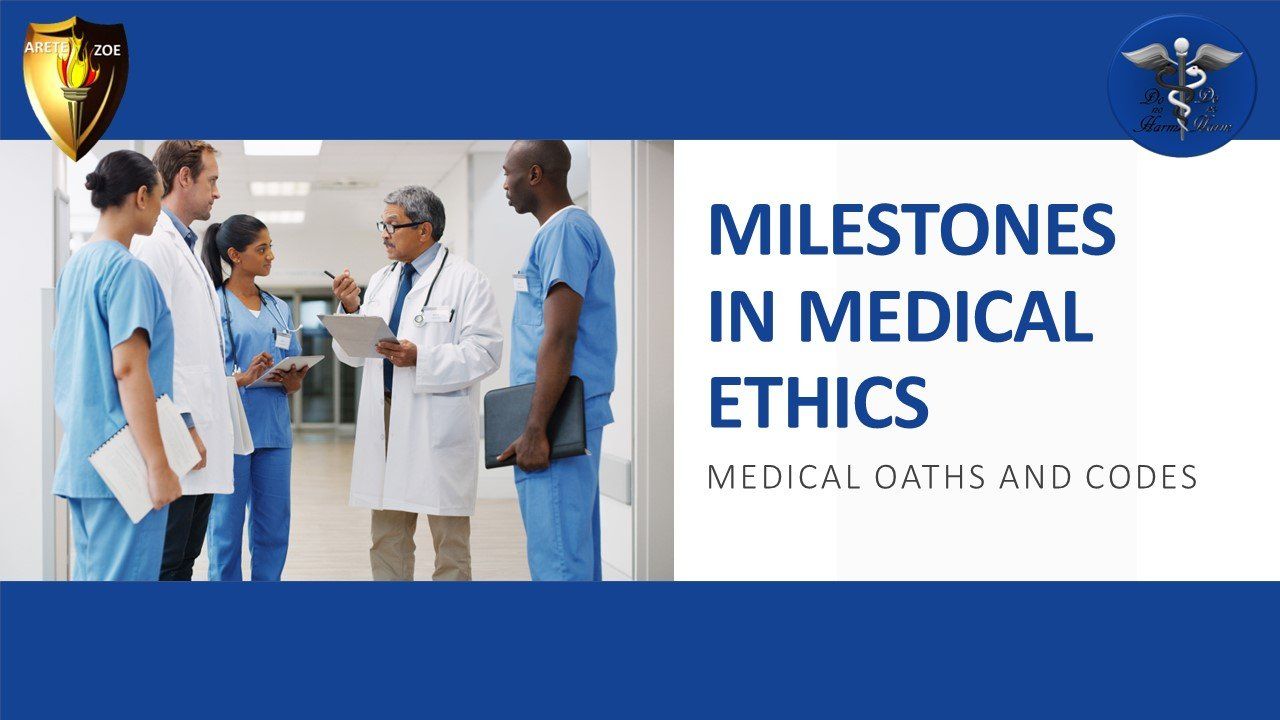
Follow VAERS Explorer on Social Media
European Charter of Medical Ethics
(2011)
European Charter of Medical Ethics was adopted in Kos, 10 June 2011.
Preamble
The expansion and developments of the European Community provides the opportunity for physicians to extend their influence, not only on a joint ethical basis but also relative to the principles of behavior to be respected in the practice of their profession.
The European Charter of Medical Ethics includes the principles on which physicians' behavior in the practice of their profession is based, no matter what type of practice they have.
The Charter shall inspire deontological principles taken by the Doctors Chambers and by the Regulatory Authorities habilitated to adopt such rules.
The Charter finds its legitimacy in the work carried out since many years by the European Council of Medical Orders.
The European medical community agrees to respect the European Charter of Medical Ethics.
Ethical principles
Principle 1. The physician defends human physical and mental health. He relieves suffering while respecting the life and dignity of the person concerned with no discrimination, of any kind, in peace and in war.
Principle 2. The physician agrees to give priority to the interest of the patient's health.
Principle 3. The physician gives the patient the most essential and appropriate care, without any discrimination.
Principle 4. The physician will take the environment in which the patient lives and works as decisive elements relative to his/her health.
Principle 5. The physician is the patient's essential confidant. He betrays this confidence on revealing what he has learned from the patient.
Principle 6. The physician uses his professional knowledge to improve or maintain the health of those confiding in him, at their request; he may not act to their detriment under any circumstances.
Principle 7. The physician calls on all the resources of medical science to apply them appropriately to his patient.
Principle 8. While respecting personal autonomy, the physician will act in accordance with the principle of treatment efficacy, taking into consideration the equitable use of resources.
Principle 9. Health protection goes with constant striving to maintain the person's integrity.
Principle 10. The physician must never accept acts of torture or any other form of cruel, inhuman or degrading treatment, no matter what the arguments may be, under any circumstances, including those of civil or military conflict. He must never be present and must never take part.
Principle 11. The physician acting as a simple practitioner towards a patient, or as an expert or member of an institution, must ensure the greatest transparency in what might appear to be a conflict of interest and act in full moral and technical independence.
Principle 12. If the moral and technical conditions are such as to prevent the physician from acting in full independence, he must inform the patient of this. The patient's right to treatment must be guaranteed.
Principle 13. When a physician decides to take part in a joint organized refusal to provide care, he is not released from his ethical obligations towards the patients to whom he guarantees emergency treatment and care needed for patients in treatment.
Principle 14. The physician is not required to satisfy requests for treatment which he does not approve. However, medical practice involves respect of the life, moral autonomy and freedom of choice of the patient.
Principle 15. The physician exercises his profession with conscience, dignity towards himself and the others and in independence.
References:
European Charter of Medical Ethics (2011). Available at: https://www.encyclopedia.com/science/encyclopedias-almanacs-transcripts-and-maps/european-code-medical-ethics
Last updated: September 10, 2022
Milestones in Medical Ethics
Follow VAERS Explorer on Social Media
